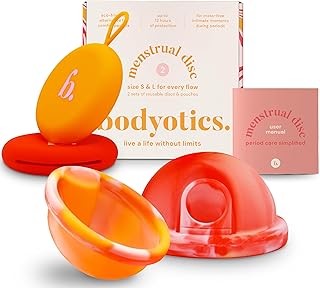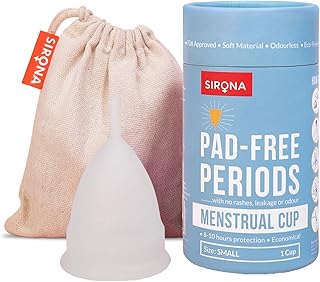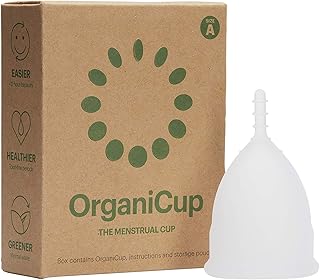In India, managing menstrual health and hygiene is a significant challenge for millions of individuals who menstruate, especially in low-and-middle-income countries. Ensuring dignified menstrual management is crucial for well-being and participation in daily life. It is a critical public health and human rights issue that intersects with gender equality and social justice. This issue is fundamental to achieving the Sustainable Development Goals, as improving menstrual health contributes to progress across the entire 2030 Agenda for Sustainable Development.
While awareness of menstrual health and hygiene is increasing, a more comprehensive understanding is emerging, recognizing it as a multifaceted issue that goes beyond just the affordability and access to period products or sanitation facilities. Research has often focused on individual components separately, but there is a growing need to integrate these factors to provide a holistic assessment of menstrual health and hygiene adequacy. This integrated approach is crucial for addressing disparities and developing effective interventions.
Studies in India have primarily focused on period product usage and associated factors like socioeconomic status, education, and media exposure. While valuable, these studies often overlook the combined influence of period product usage and water, sanitation, and hygiene (WASH) access on menstrual health and hygiene adequacy. It is essential to create enabling environments that allow individuals to manage menstruation with dignity and comfort, addressing issues like period poverty and limited access to safe menstrual products and proper facilities for private menstrual management.
Legal interventions and directives from the Supreme Court have emphasized the need for a unified national policy on menstrual health in India, guaranteeing free access to period products and adequate toilet facilities. The introduction of the Menstrual Health and Hygiene (MHH) Index marked a significant step towards understanding and addressing disparities in menstrual health across regions. This integrated perspective is crucial for developing comprehensive interventions and policies to promote menstrual equity.
A recent study aimed to refine the conceptualization of menstrual health and hygiene by integrating period product usage and WASH facilities as essential components. The research analyzed data from the National Family Health Survey-5 to assess the prevalence of adequate MHH among young women in India across various socioeconomic groups. The study also examined the geographical distribution of adequate MHH at the district level, identifying significant predictors associated with access and factors contributing to the gap between high-performing and poor-performing districts.
The findings revealed substantial disparities in access to adequate MHH across India, with factors like household asset index, education level, place of residence, and region playing a significant role. The study highlighted the need for geographically targeted interventions to promote MHH in India, particularly by improving WASH infrastructure and affordability of products in socioeconomically marginalized areas.
The research utilized nationally representative data from the NFHS-5, providing generalizable insights into MHH access among young women in India. By integrating WASH facilities with period product utilization, the study offered a more holistic understanding of MHH adequacy. The district-level analysis provided valuable insights into spatial disparities, emphasizing the importance of tailored interventions. The Fairlie decomposition analysis quantified the predictors contributing to the gap in MHH access, offering actionable evidence for policy development.
Overall, the study underscored the importance of integrating period product usage and WASH facilities to achieve universal access to safe and hygienic menstrual management in India. Targeted interventions focusing on education, WASH improvements, and mass media campaigns are essential steps towards promoting menstrual equity and addressing disparities in MHH access across the country. The findings provide a roadmap for developing comprehensive policies and programs to advance menstrual health and hygiene in India.
📰 Related Articles
- Study Reveals Menstrual Poverty Disparities in Zambian Schools
- Study Reveals Menstrual Health Challenges for Female Athletes in Bangladesh
- Study Reveals Disparities in Menstrual Hygiene Practices in Nepal
- Apple Women’s Health Study Reveals Menstrual Product Preferences
- Ultrasound Challenges Fluoroscopy in Vascular Access: Study Reveals Insights






